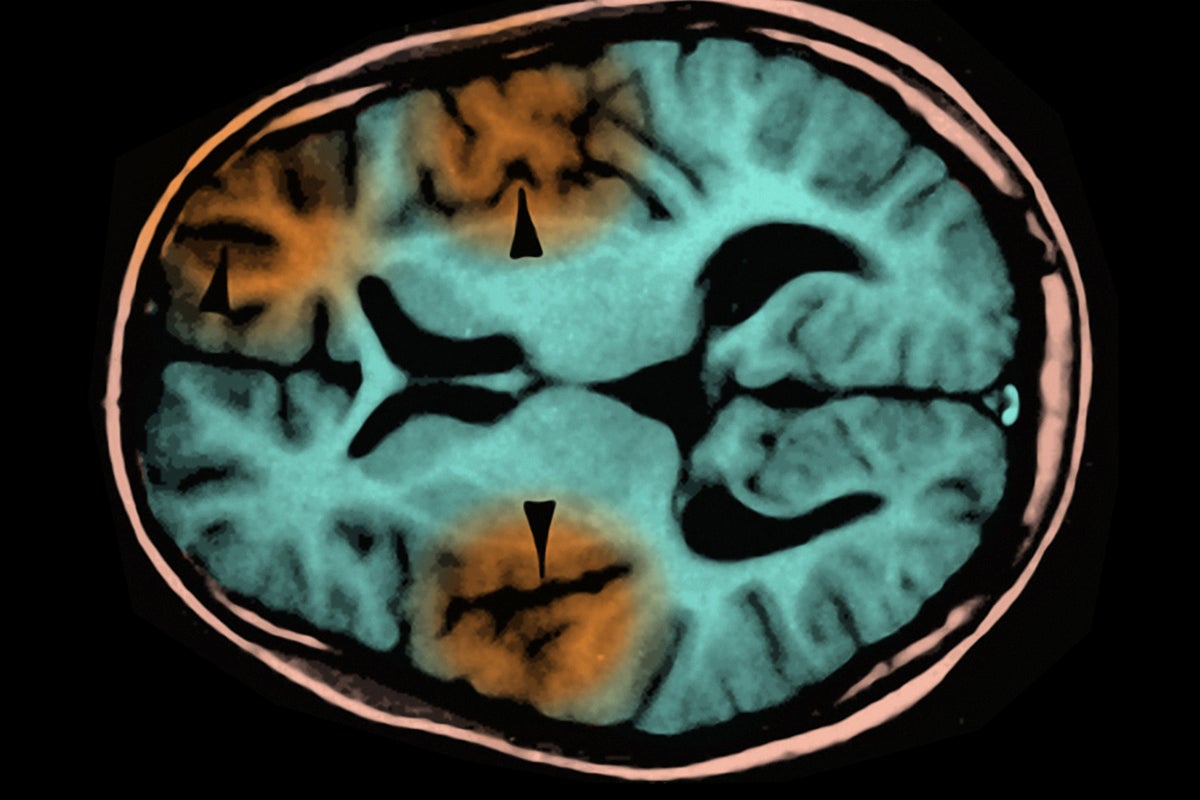
"A school-aged child in Los Angeles County has died from a rare but always fatal complication from a measles infection they acquired when they were an infant who was too young to be vaccinated. The first dose of the vaccine is typically not administered until one year of age. Experts say the death underscores the need for high levels of vaccination in a population to protect the most vulnerable against the disease."
"The child who died suffered from subacute sclerosing panencephalitis (SSPE), a progressive brain disorder that usually develops two to 10 years after a measles infection. The measles virus appears to mutate into a form that avoids detection by the immune system, allowing it to hide in the brain and eventually destroy neurons. People with SSPE experience a gradual, worsening loss of neurological function and usually die within one to three years after diagnosis, according to the Los Angeles County Health Department."
A school-aged child in Los Angeles County died from subacute sclerosing panencephalitis (SSPE), an always fatal complication of measles contracted as an infant too young for vaccination. The first measles vaccine dose is typically given at one year of age. SSPE usually develops two to ten years after measles when the virus mutates, evades immune detection, hides in the brain, and destroys neurons. People with SSPE experience progressive neurological decline and usually die within one to three years after diagnosis. The disorder is rare overall but carries much higher risk for those infected in infancy, and no effective therapy exists.
Read at www.scientificamerican.com
Unable to calculate read time
Collection
[
|
...
]